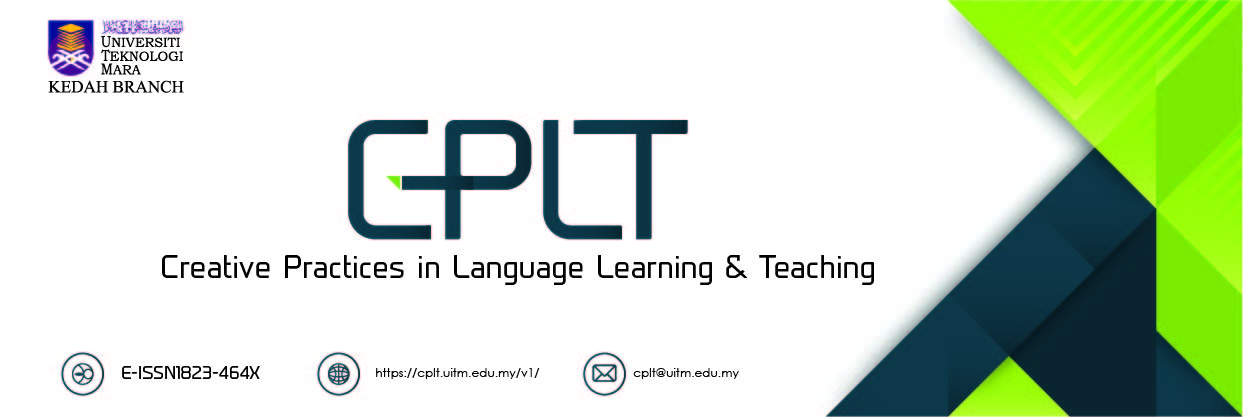Leading the Way
Self-Directed Learning and Leadership in University Student-Leaders
DOI:
https://doi.org/10.24191/cplt.v12i2.3630Keywords:
academic achievement; leadership; self-directed learning; student leader; university studentsAbstract
This research measures the relationship between students' leadership styles (task-oriented and relationship-oriented) and self-directed learning among university student-leaders. The study also investigates the connection between leadership styles and academic performance (CGPA) among these student-leaders. A cross-sectional study design was employed, and a convenience sampling technique was used to select 93 participants from Universiti Teknologi MARA (UiTM) Sarawak Brach, Samarahan Campus, who were enrolled in leadership modules named Modul Kepimpinan Ikon, Modul Kepimpinan Professional, and Modul Kepimpinan Survival Bangsa. The participants completed two established questionnaires: Northhouse's Leadership Questionnaire and an instrument measuring self-directed learning. The results indicate that both task-oriented and relationship-oriented leadership styles are positively correlated with self-directed learning among university student-leaders. Both leadership styles have no significant relationship with academic performance. Regarding gender differences, the study found no significant difference in task-oriented leadership between male and female student-leaders. However, there was a significant difference in relationship-oriented leadership between male and female participants, with female student-leaders exhibiting higher relationship-oriented leadership behaviors. In conclusion, this study highlights the importance of leadership education and development among university students, as effective leadership behaviors are positively associated with self-directed learning. By fostering both task-oriented and relationship-oriented leadership skills, universities can better prepare their students for the challenges of the real working world and contribute to their personal and professional growth.

Published
How to Cite
Issue
Section
License
Copyright (c) 2024 Wan Juliana Emeih Wahed, Patricia Pawa Pitil, Sharin Sulaiman, Wan Abdul Rahim Wan Ahmad

This work is licensed under a Creative Commons Attribution 4.0 International License.







